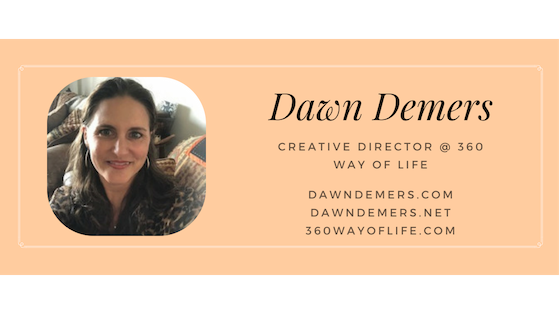You have the most amazing idea for a new article, short story, or novel. You sit down to write, but suddenly your pen is frozen to the page. Your fingers can’t press any keys. Your vision isn’t translating.
If you’re a writer, it’s most likely that you’ve experienced some form of writer’s block. Be it through an inability to creatively brainstorm, get the words out of your head, or a hatred of everything you write, this block has probably affected you in one way or another. Luckily, there are plenty of ways you can take a metaphorical sledgehammer and break through that wall that’s holding you back.
Write About It
Yes, this might seem a bit backward, but it truly does work. If you’re experiencing trouble with a particular scene, argument, or idea in your writing, take some time to jot down what you’re trying to say and why you’re having trouble saying it. This technique is often used by fiction writers when they find themselves stuck trying to find the perfect sentence or paragraph. Writing down what you want to happen, in a simple and straightforward manner, eliminates the pressure a bit.
Really Narrow Your Audience
Pulitzer-prize winning author, John Steinbeck, who wrote Of Mice and Men, once penned a letter to his friend on the subject of writer’s block. His advice? “Forget your generalized audience…In writing, your audience is a single reader. I have found that sometimes it helps to pick out one person—a real person you know, or an imagined person and write to that one.” This practice is helpful because it breaks the pressure we sometimes feel about writing something everyone will love.
Write a Letter to Your Audience
One of the most common causes of writer’s block is self-consciousness over an idea or the feeling that you’re unable to capture it accurately through writing. One of the best ways to combat this scenario is to write a letter to your audience. What are you trying to tell them and why is it important? How do you hope your work changes them, or how do you hope it makes them feel? In doing so, you’re reaffirming, or perhaps even finding, the true purpose of your writing and discovering the best way to move forward.
Writing is incredibly personal. After all, it is a manifestation of some of our deepest thoughts. A true part of ourselves that we’re letting go into the world for others to experience. It can be easy to get caught up in fear and self-consciousness, both of which lead to writer’s block. You can break through whatever is holding you back though, even if it takes time and some effort. Your words are powerful and breaking the wall down to let them through will only make them better.



